"This project is building on the gains of the existing Somalia Urban Resilience Project (SURP) and helping to show that using country Public Financial Management systems and allowing local governments to take the lead in delivering services to their citizens can be extremely effective,” said World Bank Country Manager for Somalia, Hugh Riddell. "This project empowers municipal and district governments to deliver tangible benefits to their citizens.
The financing for the Somalia Urban Resilience Project (SURP) II includes a $50 million IDA and $62 million co-financing from the Somalia Multi-Partner Fund (SMPF). In a context where cities are struggling to cope with the provision of basic infrastructure and services to a rapidly growing urban population, this project will focus on building the resilience of Somali cities. SURP II will strengthen municipal government capacity and help local governments deliver prioritized infrastructure to their citizens.
"We recognize that urbanization is a significant catalyst for development and if managed well, will provide a pathway out of poverty and act as an engine for growth for the people of Somalia,” said Marius Rauh, Head of Development Cooperation of the German Embassy in Nairobi. "To ensure effectiveness, we are putting citizen engagement at the heart of the project by involving communities in selecting and prioritizing infrastructure investments through a participatory decision-making process.” The German government via KfW development bank substantially supports the MPF with approximately $52 million focusing on the rehabilitation and expansion of productive urban infrastructure.
Communities will not only play a role in selecting the infrastructure projects that they need but also in choosing the community members that benefit from short-term labor opportunities and those to represent them within the grievance redress committees. The project will avail short-term income generation opportunities to put much needed money in the pockets of women, the urban poor and internally displaced persons.
"SURP Phase II will endeavor to address inequality and exclusion by focusing on infrastructure investments that help integrate the displaced population as well as the urban poor,” said the Minister of Public Works, Abdi Adam Hoosow. "The project will aim to ensure voices of the most vulnerable groups such as women, youth and the displaced are heard.”
The project agreement was signed between the World Bank and the Ministry of Finance with Federal Government of Somalia oversight.
The World Bank Group and other development partners shave been supporting Somalia’s reforms since 2014 through the Somalia Multi-Partner Trust Fund (MPF), which finances government-led state-building for service delivery and economic growth, with over $447 million from eleven donors. The MPF is a pooled fund under the Somalia Development and Reconstruction Facility, which brings together Federal Government, Federal Member States, Parliament and the international community.




 0
0 
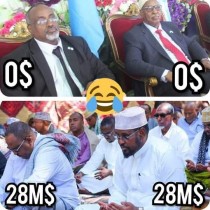

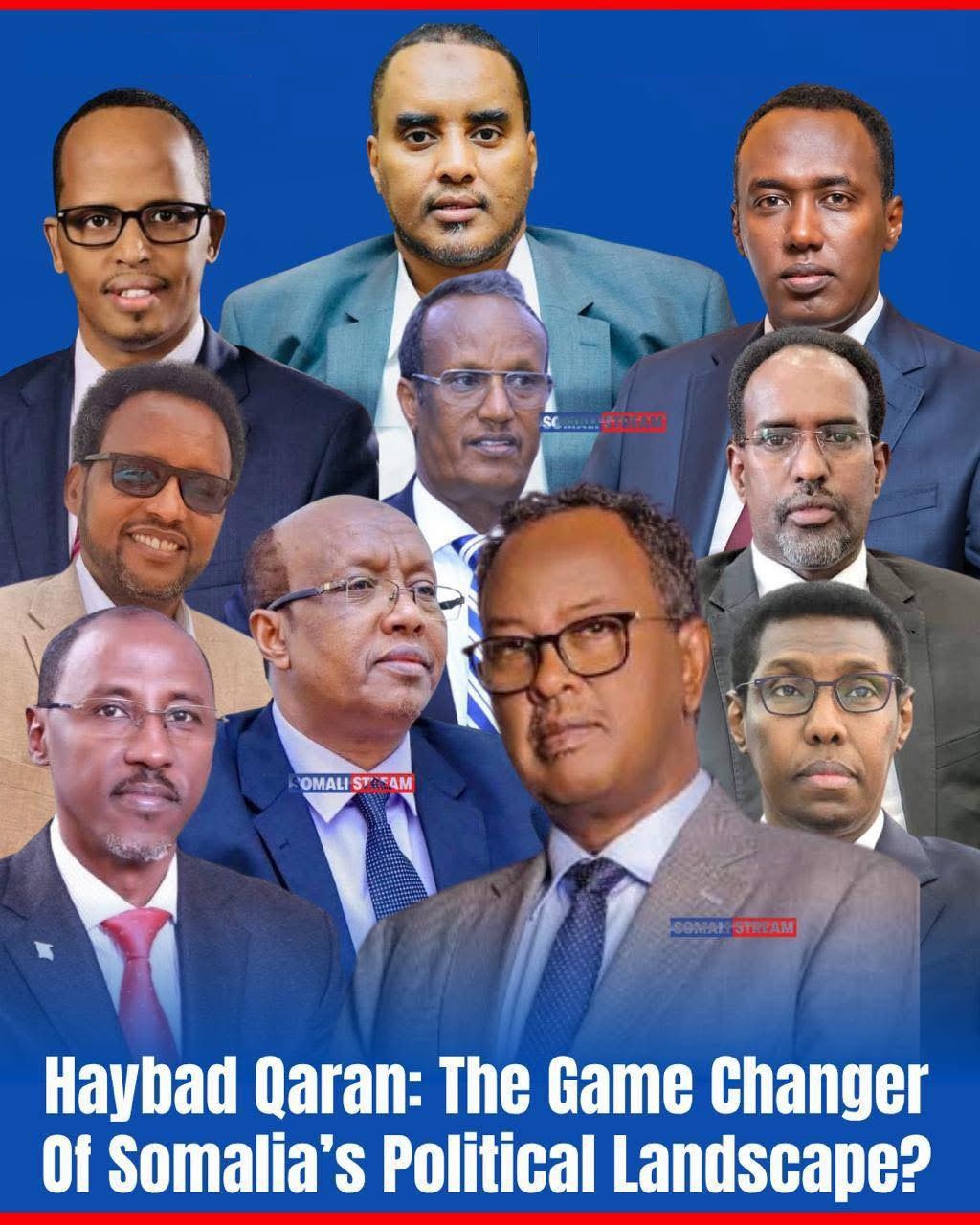
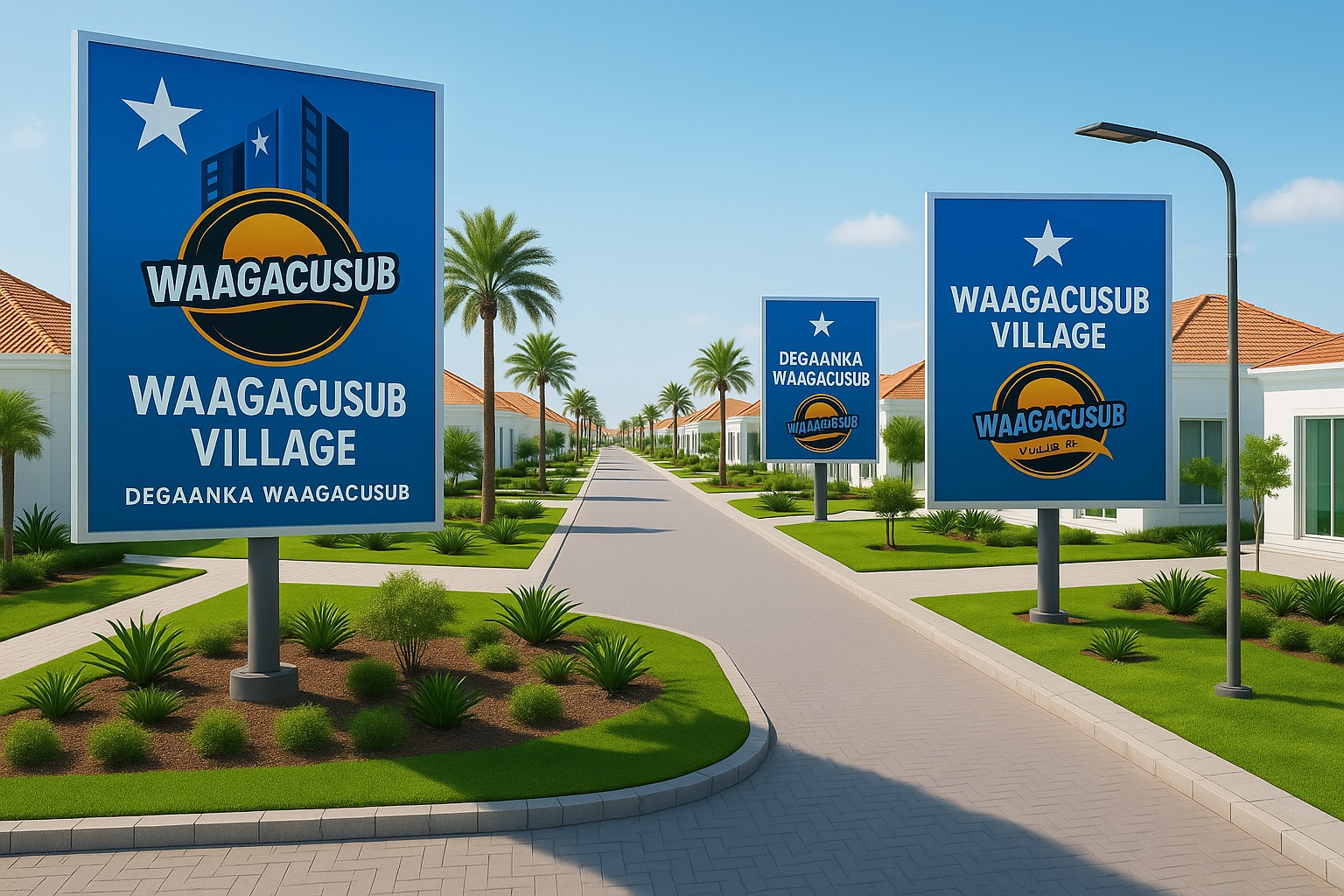
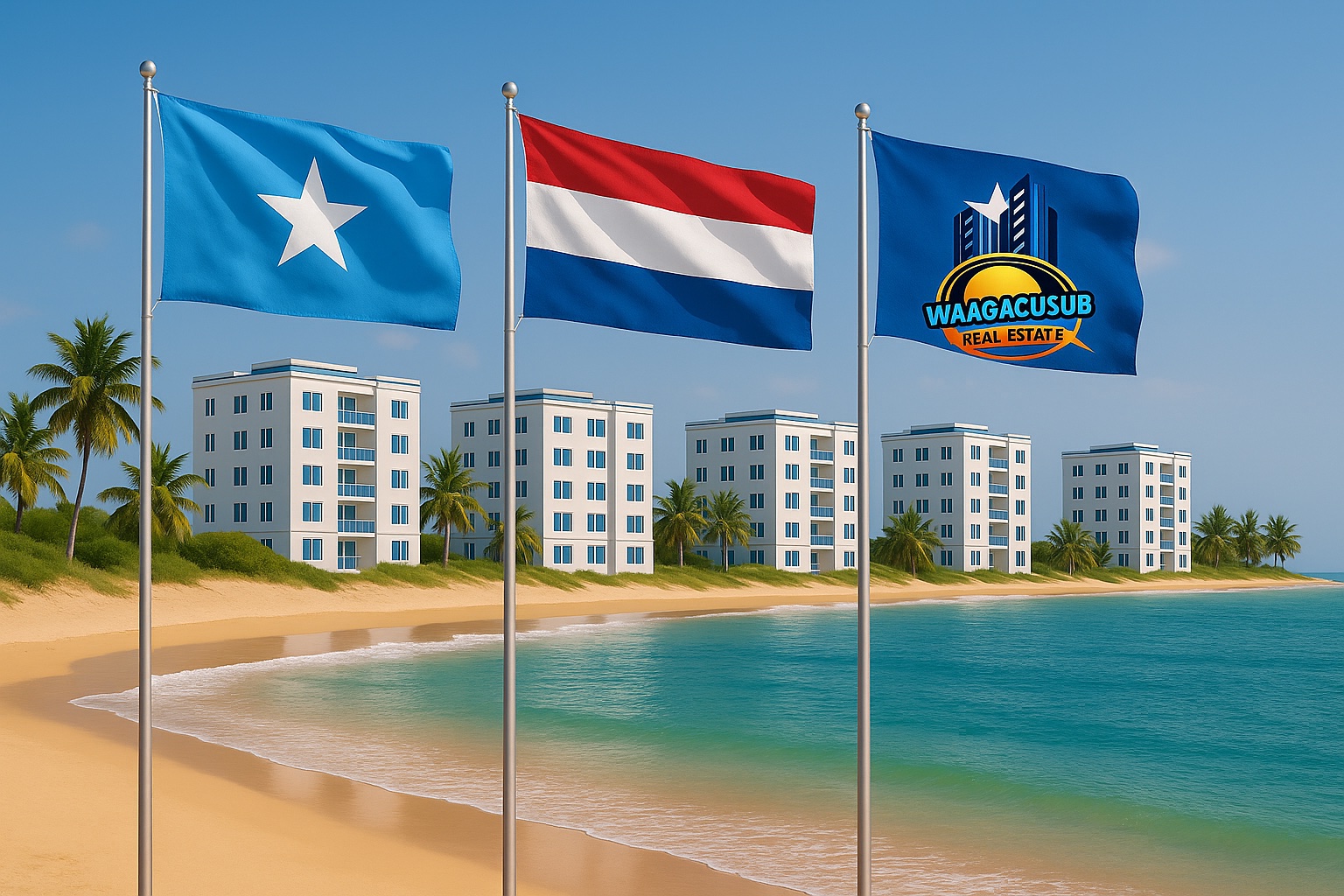
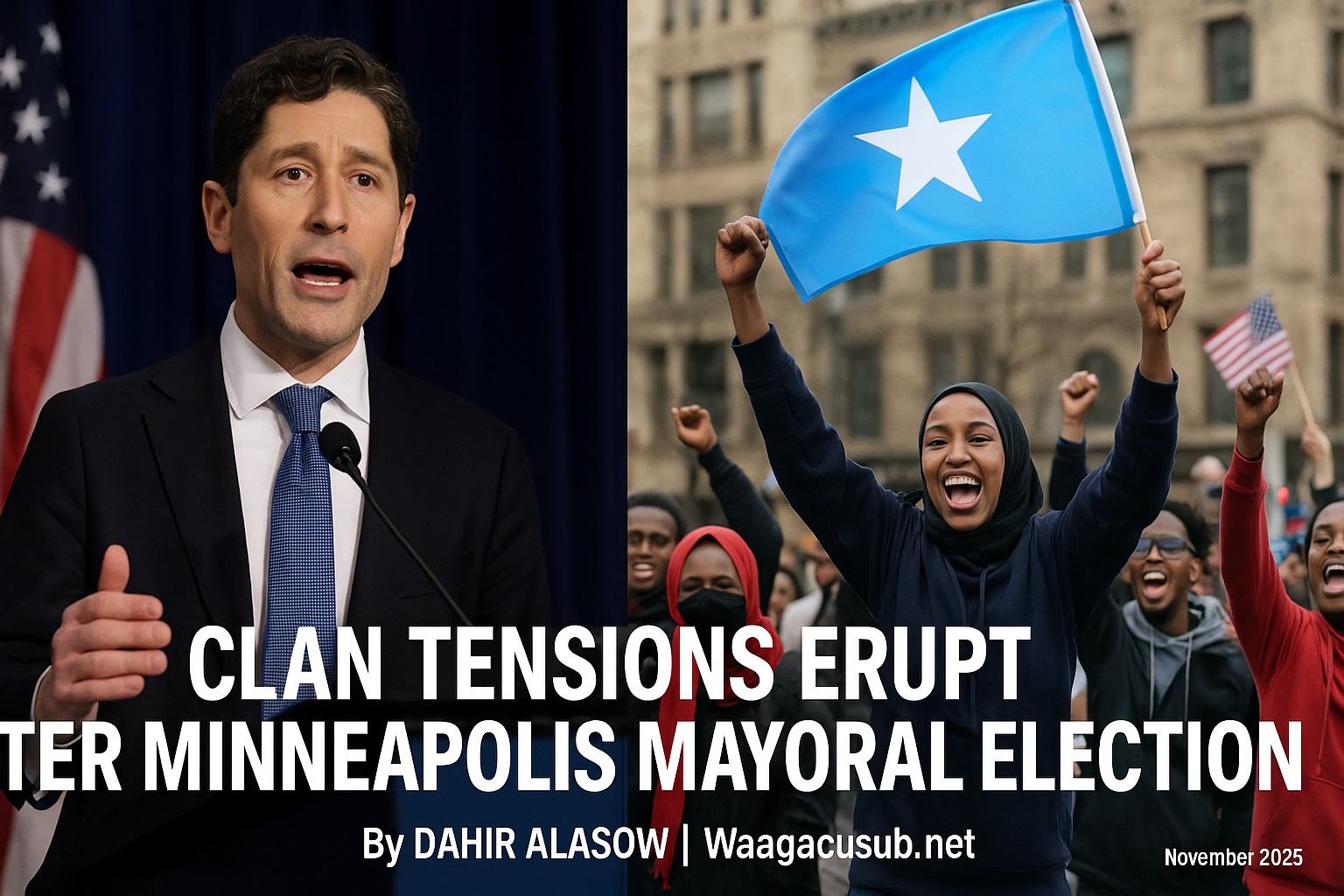

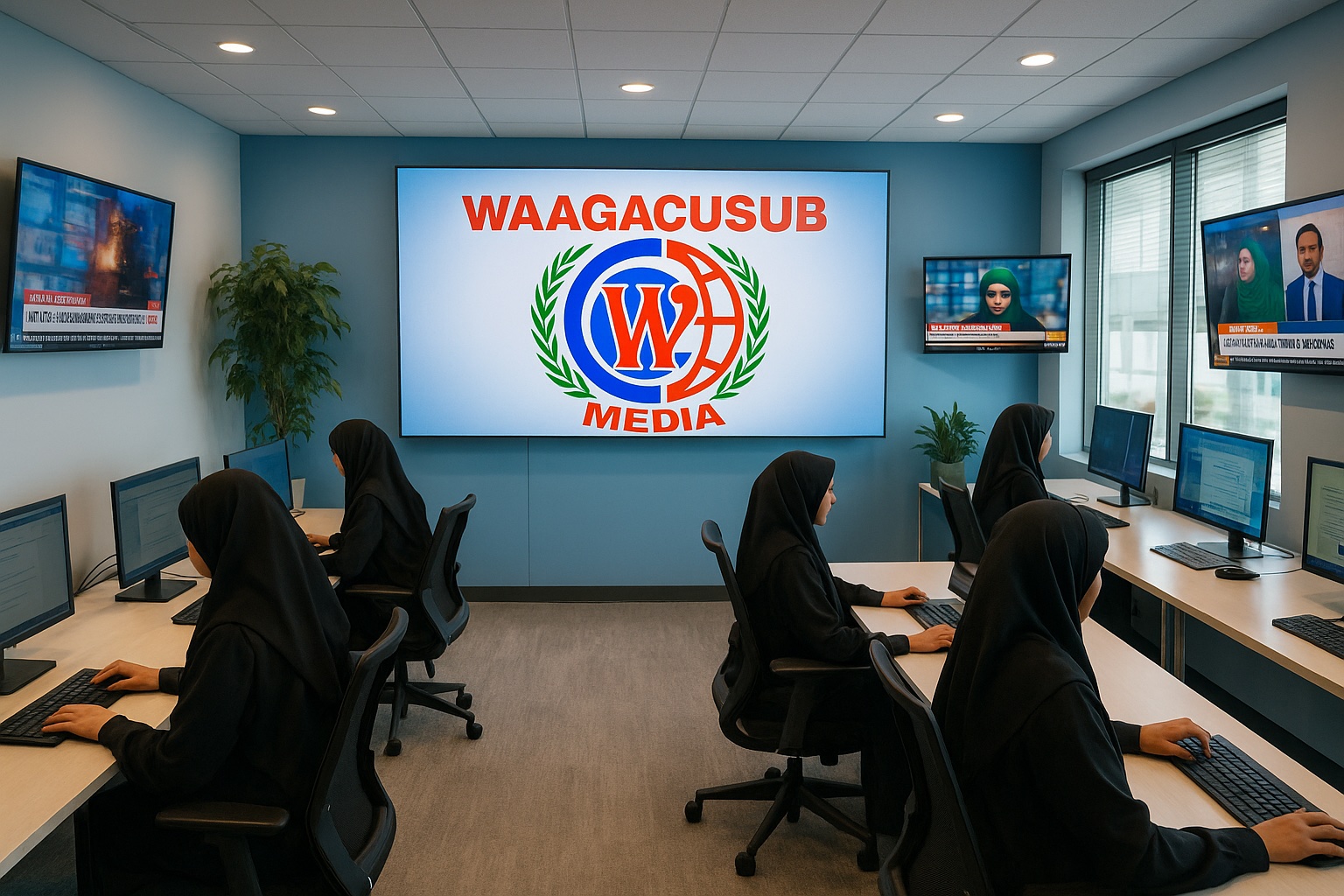
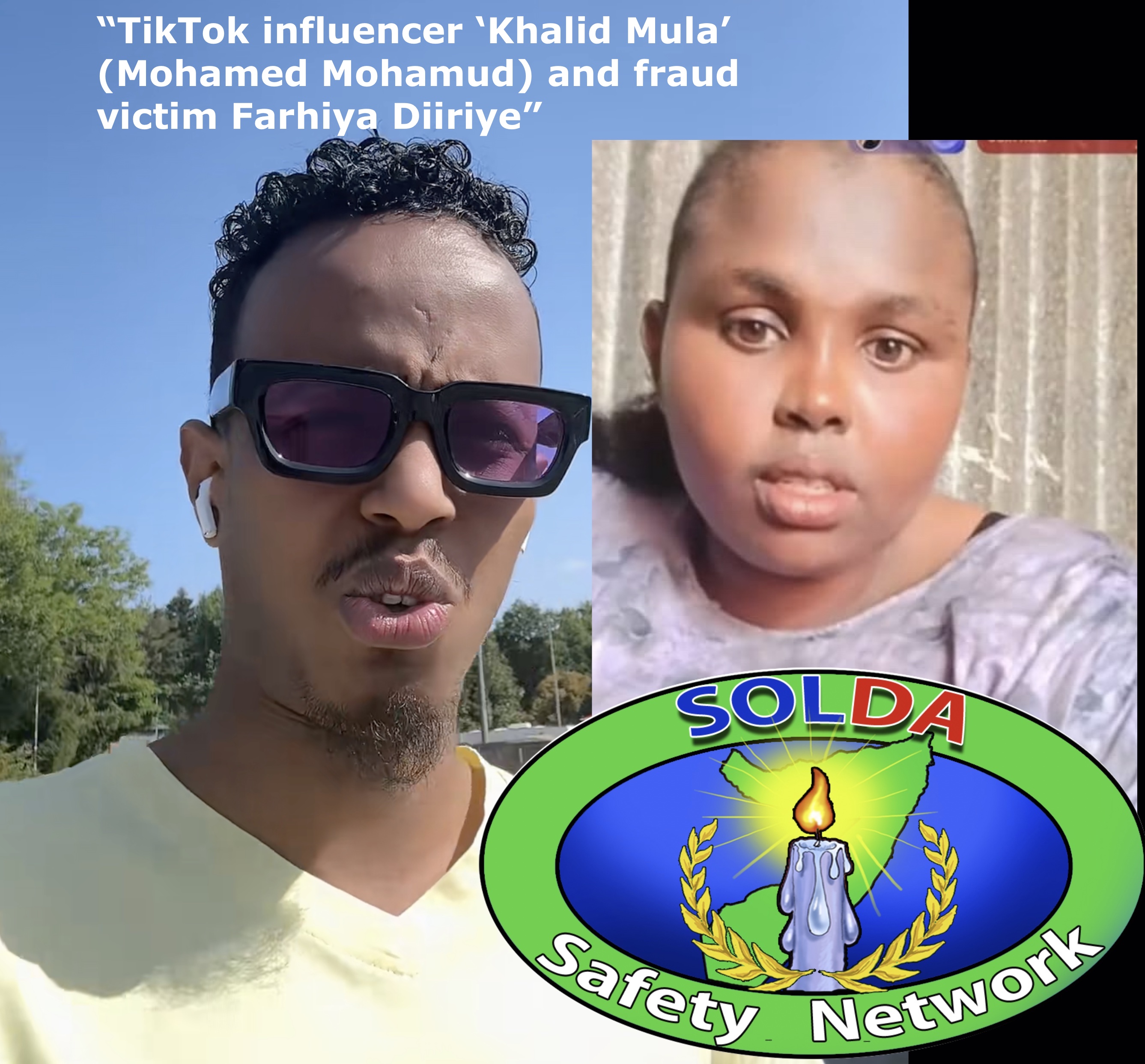
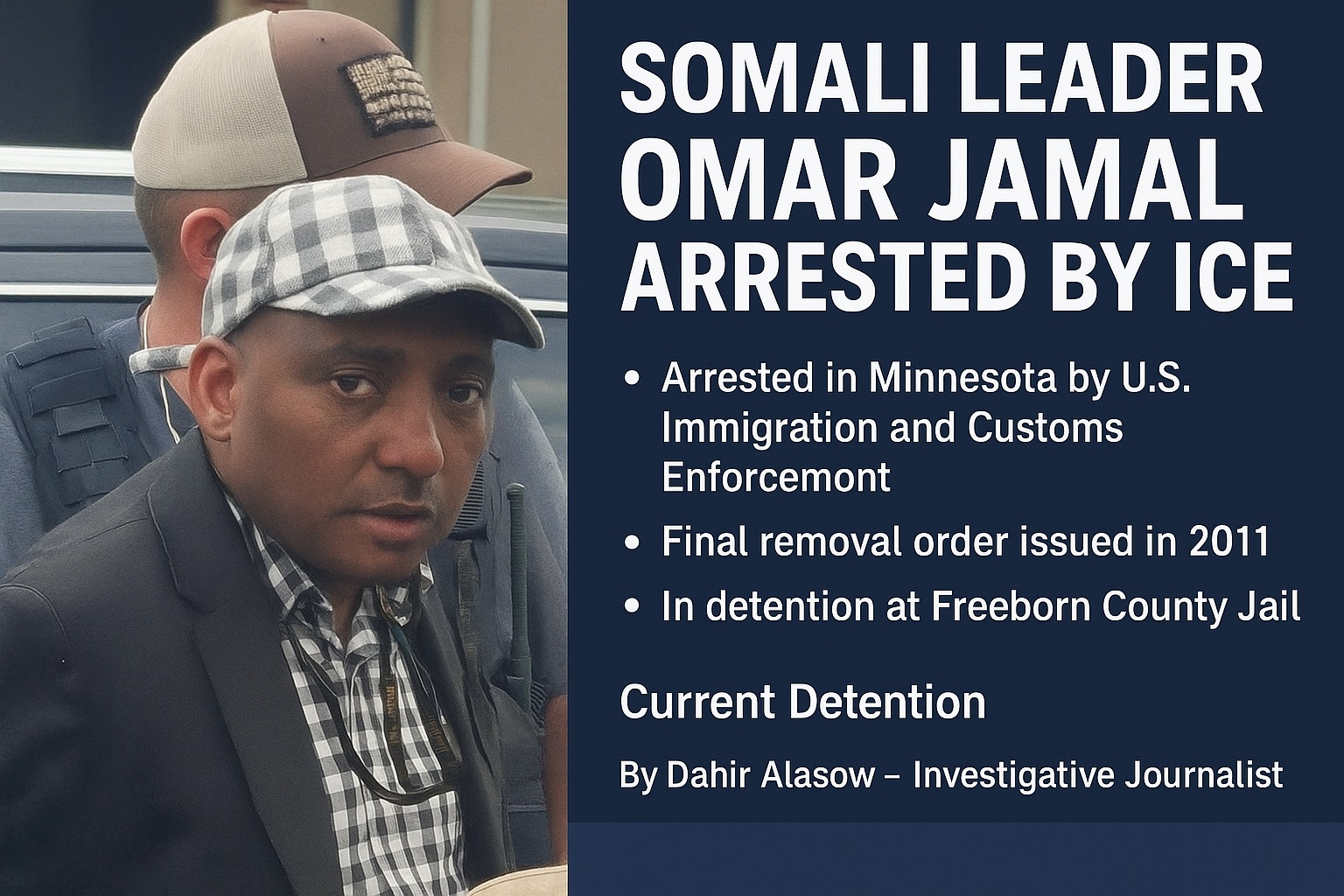
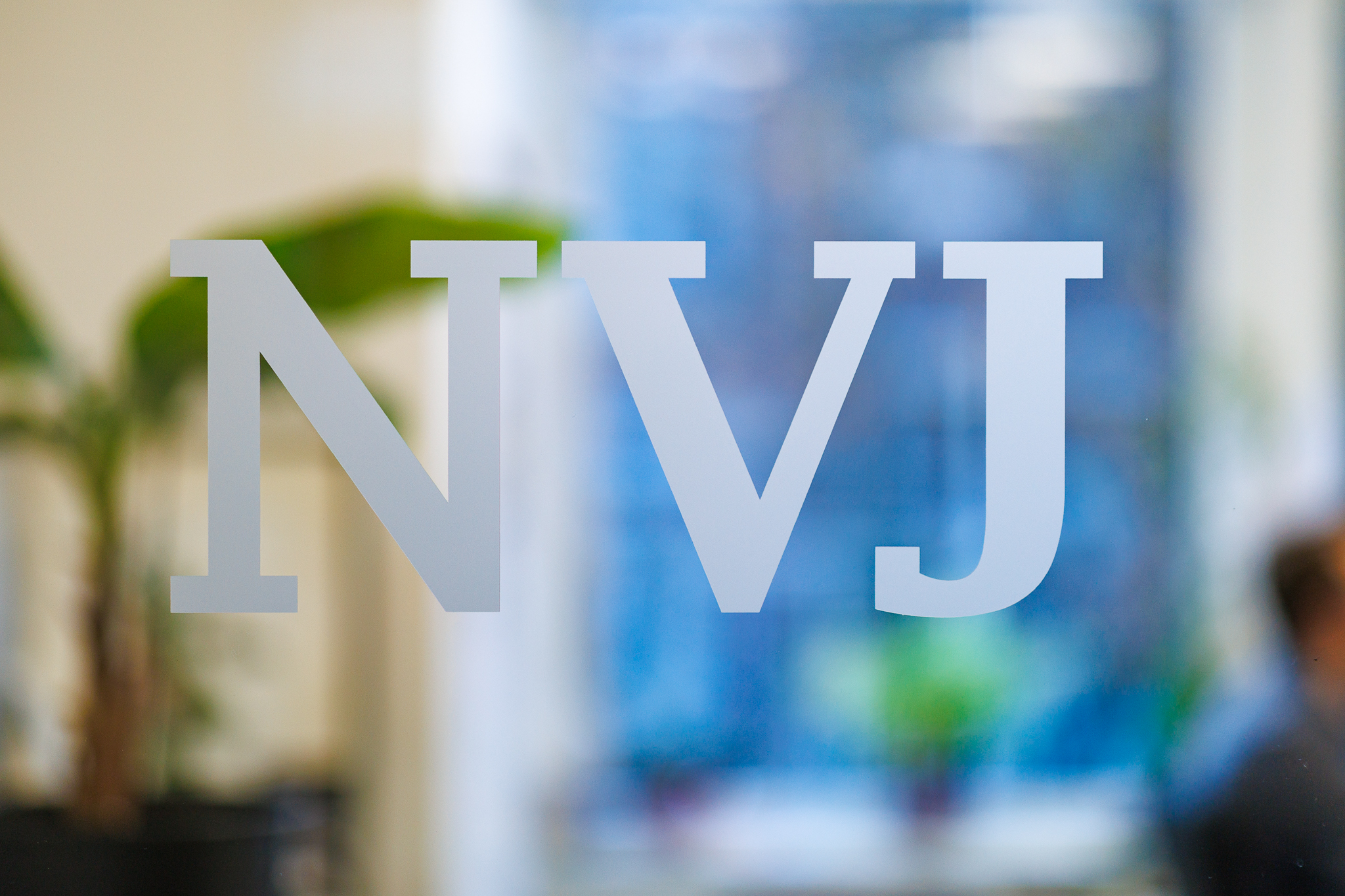
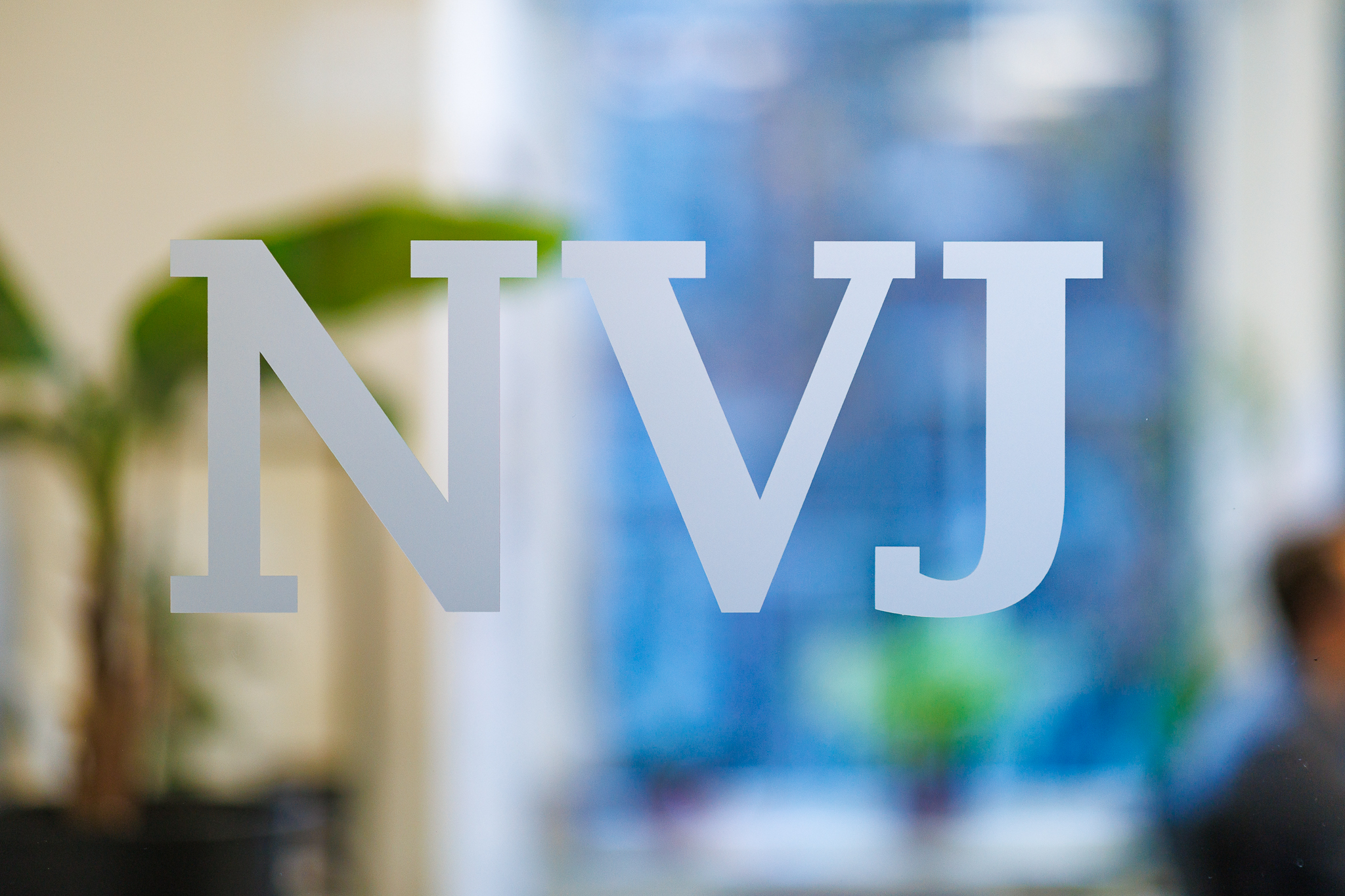
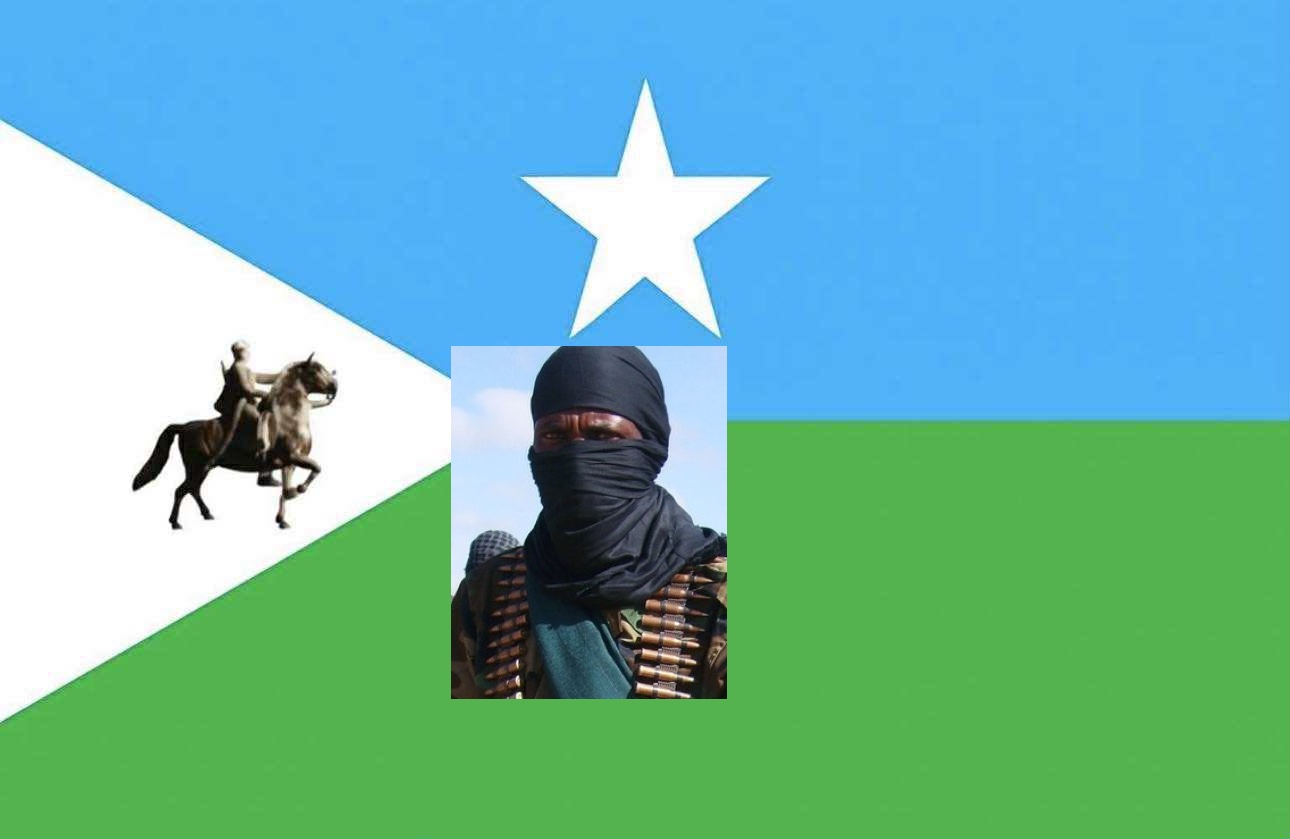
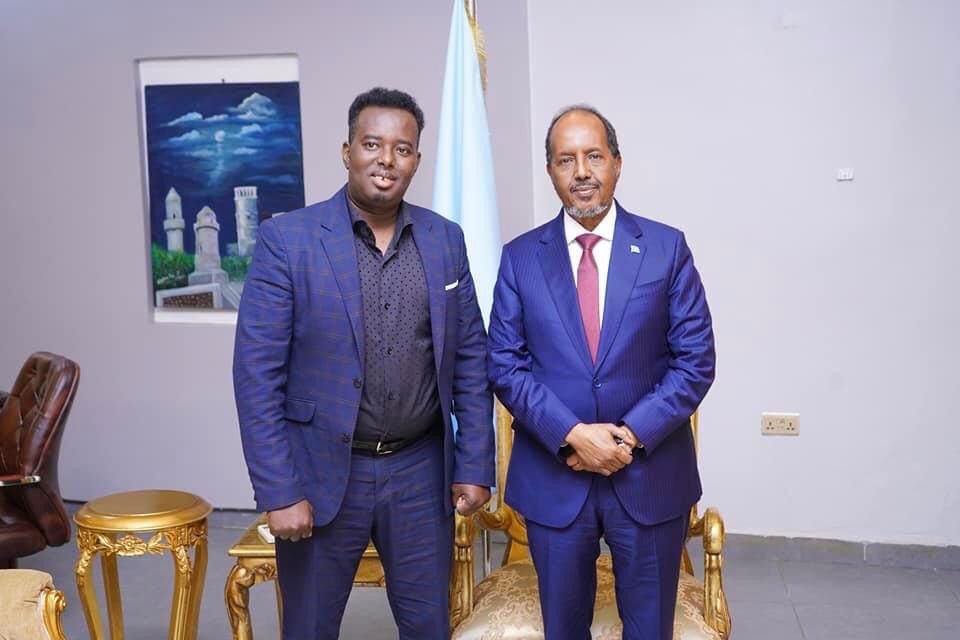
World Bank Approves $112 Million to Strengthen Local Government Capacity and Provide Urban Infrastructure for Somalis
The World Bank today approved a $112 million grant to deliver prioritized infrastructure in Somalia's cities and strengthen municipal government capacity. The Somalia Urban Resilience Project (SURP) II will support infrastructure investments in